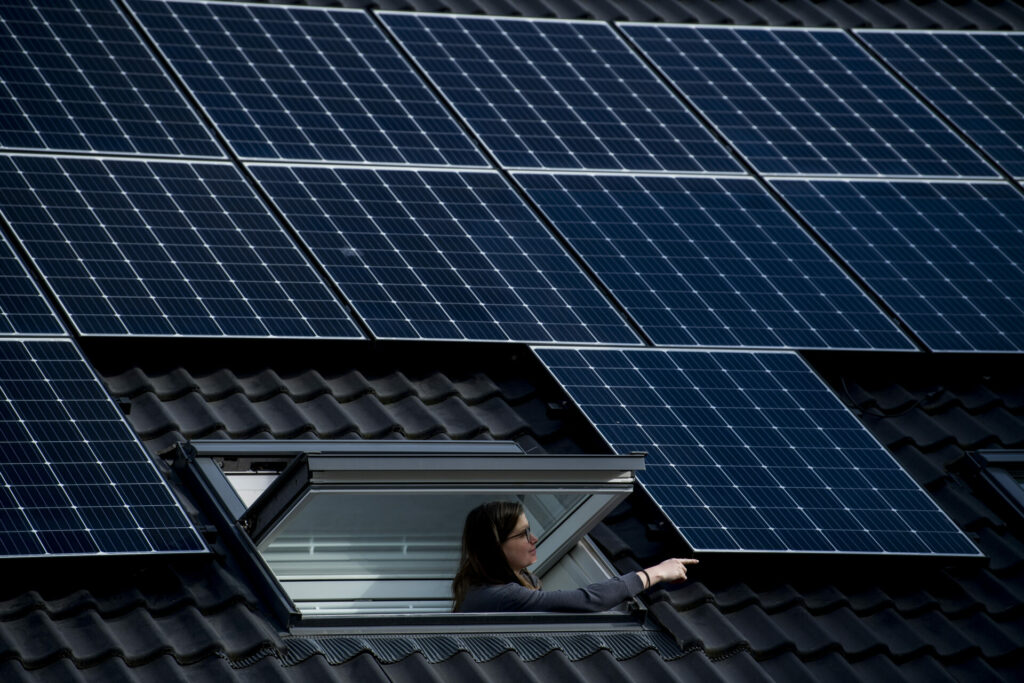Despite falling short of forecasts for 2020 production, Flanders made a big leap forward last year for producing green energy on its soil, this time eclipsing predictions.
In 2021, Flanders produced over 25,800 GWh (gigawatt hours) of green energy on its own soil – 12% more than in 2020, VEKA (the regional climate and energy board) announced. This is more than the forecast of 23,703 GWh set in the Flemish Energy and Climate Plan.
"This is the foundation on which we will continue to build. The energy crisis forces us once more to face the facts that we need to move away from fossil fuels more quickly than ever and make full use of our own renewable energy sources," Flemish Energy Minister Zuhal Demir said.
"This also proves that Flanders was already on the right track before the war in Ukraine and it will speed up progress even more next year." This is in line with the EU's REPowerEU plan, of which one aim is to end EU dependence on Russian fossil fuels by 2027.
Aside from the positive effect on the climate, the increase in green energy production is also economically beneficial for the region, as it means it will have to buy less renewable energy abroad.
Premiums paying off
The production of renewable energy is divided into three aspects: green power, green heat (heat produced from a renewable energy source) and green transport.
VEKA's figures from 2021 hint at a particularly strong increase in green heat last year (+21%). The region's regulations for new buildings and premiums for people who make the switch to heat pumps and better installation are partly responsible for these figures.
The production of green electricity increased slightly in 2021 (+4%) as a result of further investments in solar and wind energy which together provided 70% of Flemish green electricity production in 2021.
Related News
- Brussels Region wants to ban terrace heaters this winter
- World's first 'artificial energy island' planned off Belgian coast
Almost one-fifth of the electricity consumption in the region now comes from renewable energy sources. Meanwhile, production from biomass and biogas (which raises serious ecological questions, not least given its dependence on foreign wood flows) saw a slight decline compared to 2020.
Solar panel installations increased in 2022, bringing the target of 450 MW for this current year's production within reach.

